Subtotal: $17.14
Sapno Ka Dhuan [Hardcover] Ramdhari Singh Dinkar
Original price was: $60.00.$40.00Current price is: $40.00.
Dinkar initially supported the revolutionary movement during the Indian independence struggle, but later became a Gandhian. However, he used to call himself a ‘Bad Gandhian’ because he supported the feelings of indignation and revenge among the youth.[9] In Kurukshetra, he accepted that war is destructive but argued that it is necessary for the protection of freedom. He was close to prominent nationalists of the time such as Rajendra Prasad, Anugrah Narayan Sinha, Sri Krishna Sinha, Rambriksh Benipuri and Braj Kishore Prasad.
- Description
- Additional information
- Brand
- Reviews (0)
Description
Description
Ramdhari Singh ‘Dinkar’ (September 23, 1908 – April 24, 1974) was an Indian Hindi poet, essayist, patriot and academic,[1][2] who is considered as one of the most important modern Hindi poets. He remerged as a poet of rebellion as a consequence of his nationalist poetry written in the days before Indian independence. His poetry exuded veer rasa, and he has been hailed as a Rashtrakavi (“National poet”) on account of his inspiring patriotic compositions.[3]
As a mark of respect for him, his portrait was unveiled in the Central Hall of Parliament of India by the Prime Minister of India, Dr. Manmohan Singh on his centenary year, 2008.[4][5] On 23 November 2012, the President of India, Pranab Mukherjee gave away Rashtrakavi Ramdhari Singh ‘Dinkar’ Sahitya Ratna Samman to 21 prominent writers and social workers at a function organized in Rashtrapati Bhavan.[6] On the occasion, the President recalled the contribution of Ramdhari Singh ‘Dinkar’ in the freedom struggle and his service to Hindi literature.[6] Poet and former Prime Minister of India, Atal Bihari Vajpayee spoke of Dinkarji in high esteem.[7] Others who have praised his literary genius include Shivraj Patil, Lal Krishna Advani, Somnath Chatterjee, Gulab Khandelwal, Bhawani Prasad Mishra, and Seth Govind Das.[8]
Dinkar initially supported the revolutionary movement during the Indian independence struggle, but later became a Gandhian. However, he used to call himself a ‘Bad Gandhian’ because he supported the feelings of indignation and revenge among the youth.[9] In Kurukshetra, he accepted that war is destructive but argued that it is necessary for the protection of freedom. He was close to prominent nationalists of the time such as Rajendra Prasad, Anugrah Narayan Sinha, Sri Krishna Sinha, Rambriksh Benipuri and Braj Kishore Prasad.
Dinkar was elected three times to the Rajya Sabha, and he was the member of this house from April 3, 1952 CE to January 26, 1964 CE,[9] and was awarded the Padma Bhushan in 1959.[9] He was also the Vice Chancellor of Bhagalpur University (Bhagalpur, Bihar) in the early 1960s.
During The Emergency, Jayaprakash Narayan had attracted a gathering of one lakh people at the Ramlila grounds and recited Dinkar’s famous poem: Singhasan Khaali Karo Ke Janata Aaati Hai (Devanagari: सिंहासन खाली करो कि जनता आती है; “Vacate the throne, for the people come”).[10] (less)
Additional information
Additional information
| Dimensions | 5 × 5 × 5 cm |
|---|


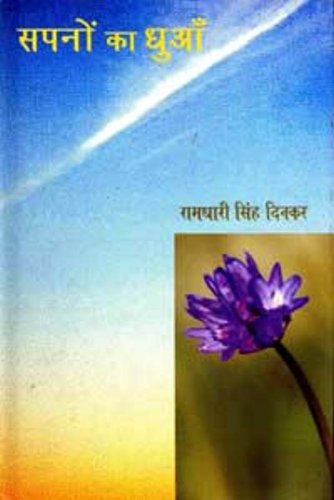
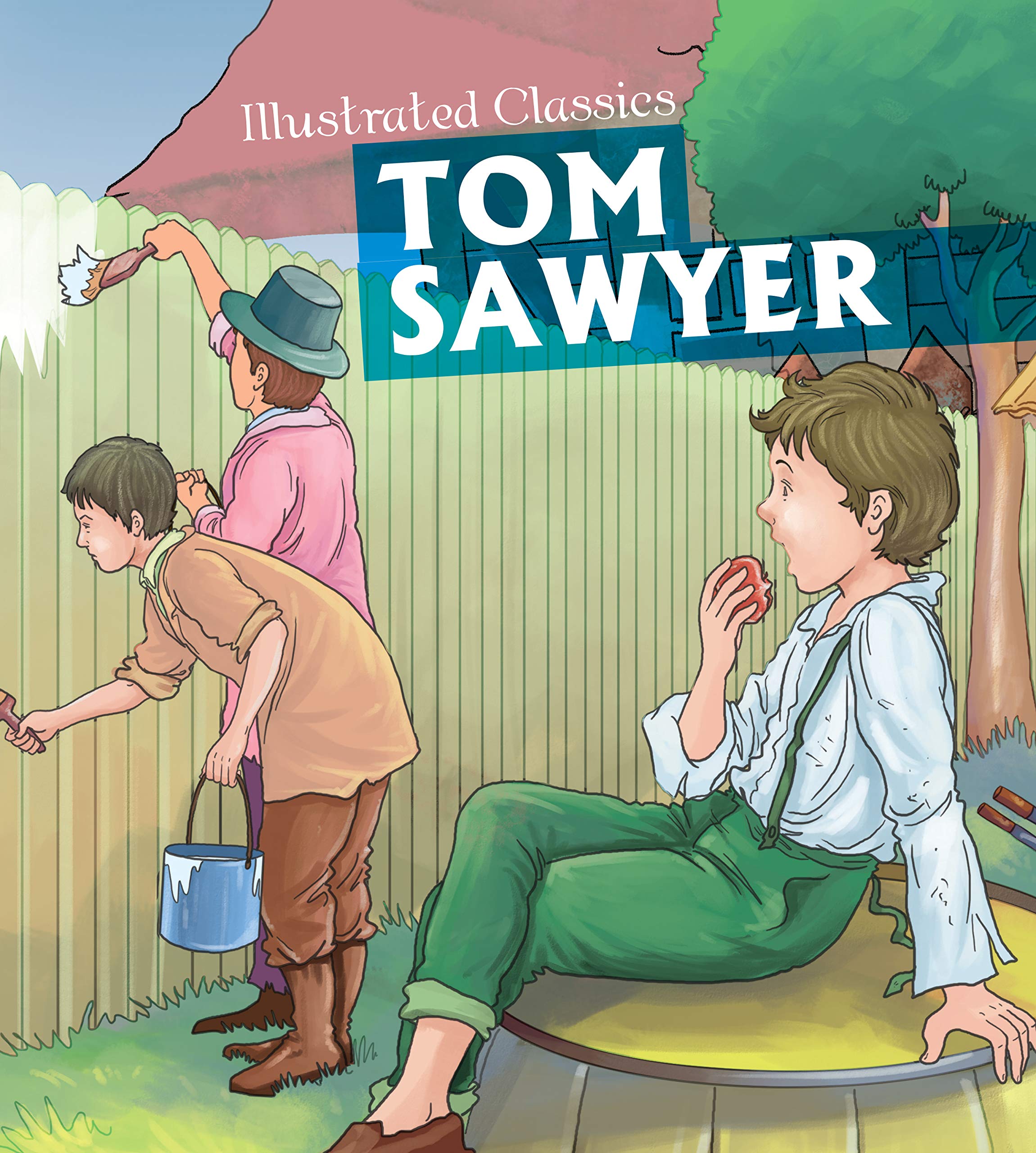
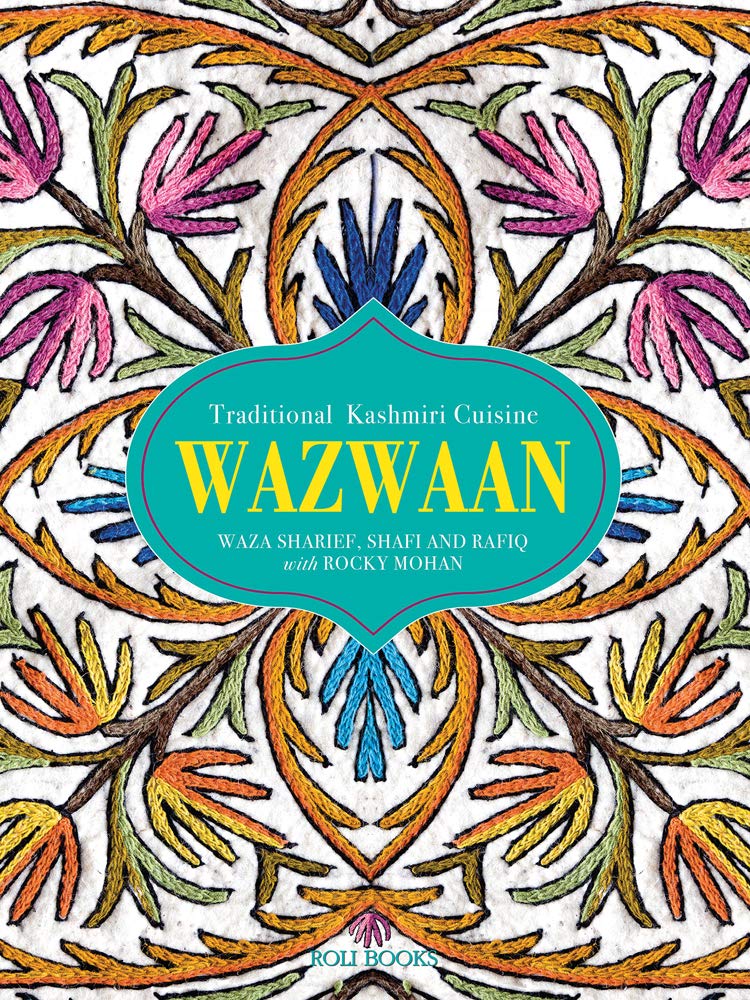
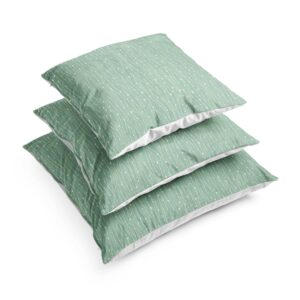

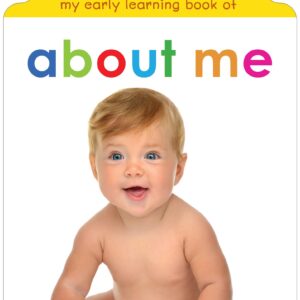
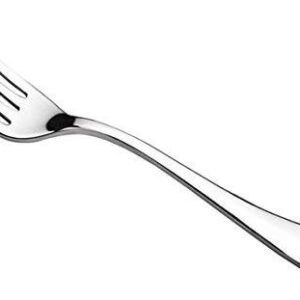

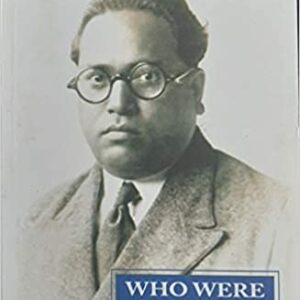
Reviews
There are no reviews yet.